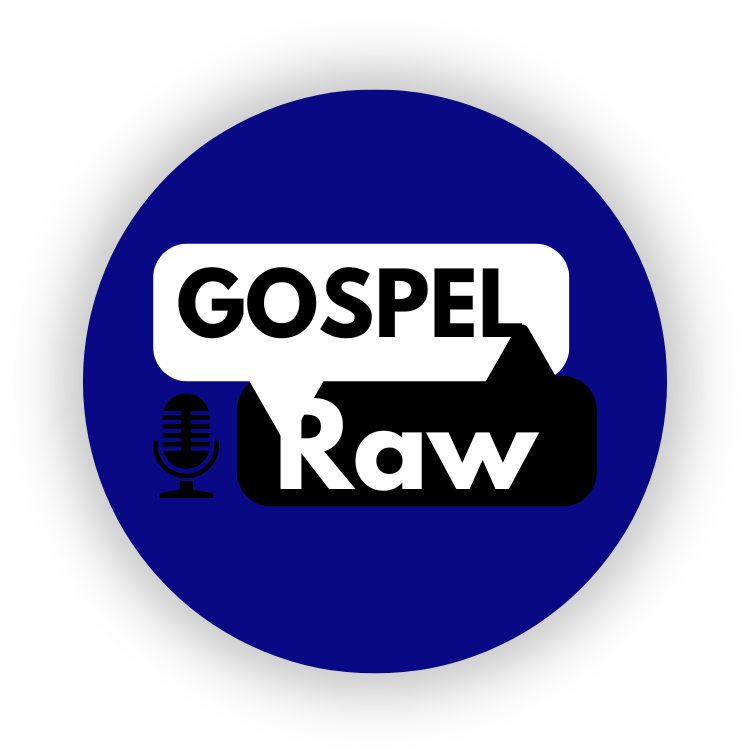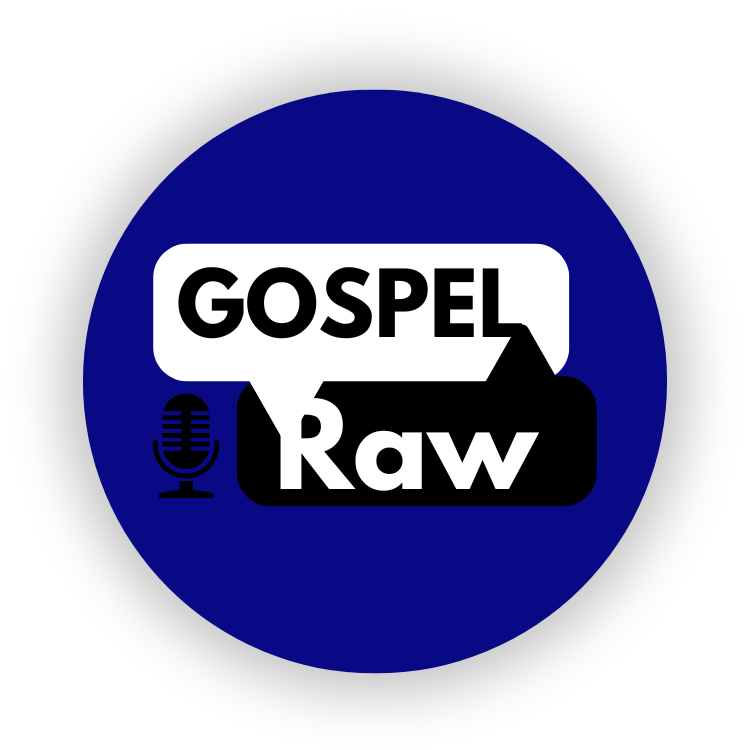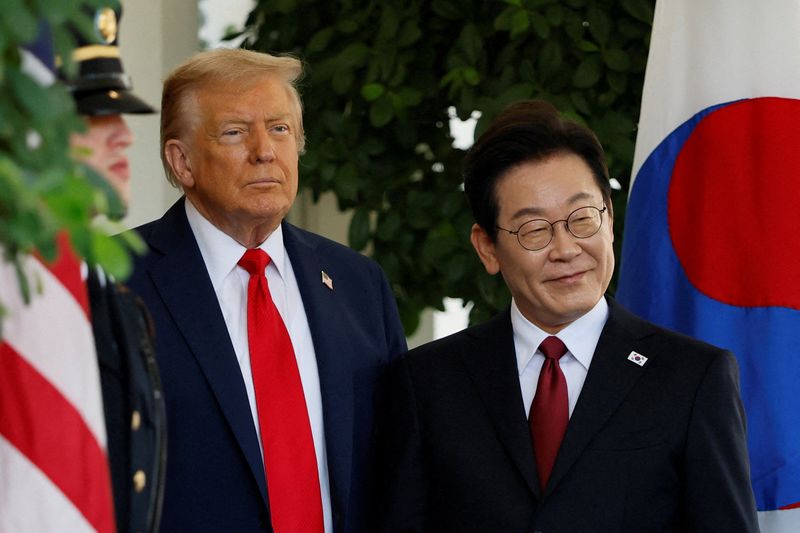The United States President Donald Trump, has voiced concern over recent investigations in South Korea that involved police raids on religious institutions and even a military base.
His remarks, made Monday before a meeting with South Korean President Lee Jae Myung at the White House, have sparked international attention and raised questions about the balance between law enforcement and civil liberties in South Korea.
Speaking to reporters, Trump said he had received troubling reports about the raids, though he noted he did not yet have full details.
“Police probably shouldn’t have done that, but I heard bad things. I don’t know if it’s true or not. I’ll be finding out,” Trump stated.
The U.S. president specifically highlighted allegations of police actions targeting religious communities.
“I heard reports of very vicious raids on churches by the new government in South Korea,” Trump said, before adding that authorities allegedly “even went into our military base and got information.”
His comments referred in part to the raid of Sarang Jeil Church earlier this month. The Seoul-based evangelical church, led by conservative pastor Jun Kwang-hoon, has been a hub for demonstrations in support of former president Yoon Suk Yeol, who is currently facing legal troubles.
Recall that the raids come amid heightened political division in South Korea. According to reports monitored by GospelRaw, the Sarang Jeil Church raid was linked to an investigation into pro-Yoon activists who stormed a court building in January, after judges extended Yoon’s detention.
Authorities allege that certain religious and activist groups loyal to Yoon may have coordinated disruptive demonstrations.
Pastor Jun Kwang-hoon, a controversial but influential figure, has long been at odds with progressive administrations in South
Korea and has frequently mobilized his followers in mass rallies.
Perhaps even more controversial was the revelation that prosecutors also executed a search warrant at a South Korean military base in July as part of their investigation into Yoon’s earlier martial law declaration.
While the South Korean military reportedly authorized the search, sources said it took place without prior coordination with U.S. authorities. This raised alarms since the base in question is jointly operated by the United States and South Korea, forming a critical part of the two countries’ longstanding security alliance.
Trump appeared particularly concerned about this aspect of the investigation, suggesting that the raid may have crossed boundaries in terms of sovereignty and military cooperation.
Ahead of his White House meeting with President Lee, Trump also took to his social media platform, Truth Social, where he expressed alarm at the developments in South Korea.
In his post, he wrote in all caps:
“WHAT IS GOING ON IN SOUTH KOREA? Seems like a Purge or Revolution. We can’t have that and do business there. I am seeing the new President today at the White House. Thank you for your attention to this matter!!!”
The post quickly went viral among his supporters, with many echoing his concerns about religious freedom and international security.
The issue comes at a sensitive time for U.S. South Korea relations, as both countries continue to strengthen their security partnership against threats from North Korea. Washington and Seoul have long emphasized shared democratic values,
including freedom of religion and rule of law.
Trump’s criticism, however, highlights potential strains in the alliance if South Korea’s domestic crackdowns are perceived as undermining those principles.
While South Korean officials have defended the raids as necessary law enforcement actions, critics argue that they may have been heavy-handed and politically motivated. The involvement of a church and a military base has only intensified the debate, with opposition figures in Seoul accusing President Lee Jae Myung’s government of authoritarian overreach.
International observers are now watching closely to see how the White House discussions will unfold. Advocacy groups focused on religious freedom and human rights have already called on South Korea to respect civil liberties while pursuing legal investigations.
Meanwhile, some analysts suggest Trump’s remarks could add pressure on President Lee to reassure Washington that the raids were conducted within legal boundaries and with proper oversight.
As Trump meets with President Lee at the White House, the issue of civil liberties in South Korea is expected to be raised alongside broader topics such as North Korea, regional security, and trade.
For many South Korean Christians and pro-Yoon activists, however, the more immediate concern is whether religious spaces will remain safe from government intrusion.
For Trump, who has frequently highlighted the importance of protecting religious freedom both at home and abroad, the issue is already shaping up to be another point of contention in U.S. foreign policy.
Stay updated with more breaking international news and in-depth political coverage on GospelRaw.com.


